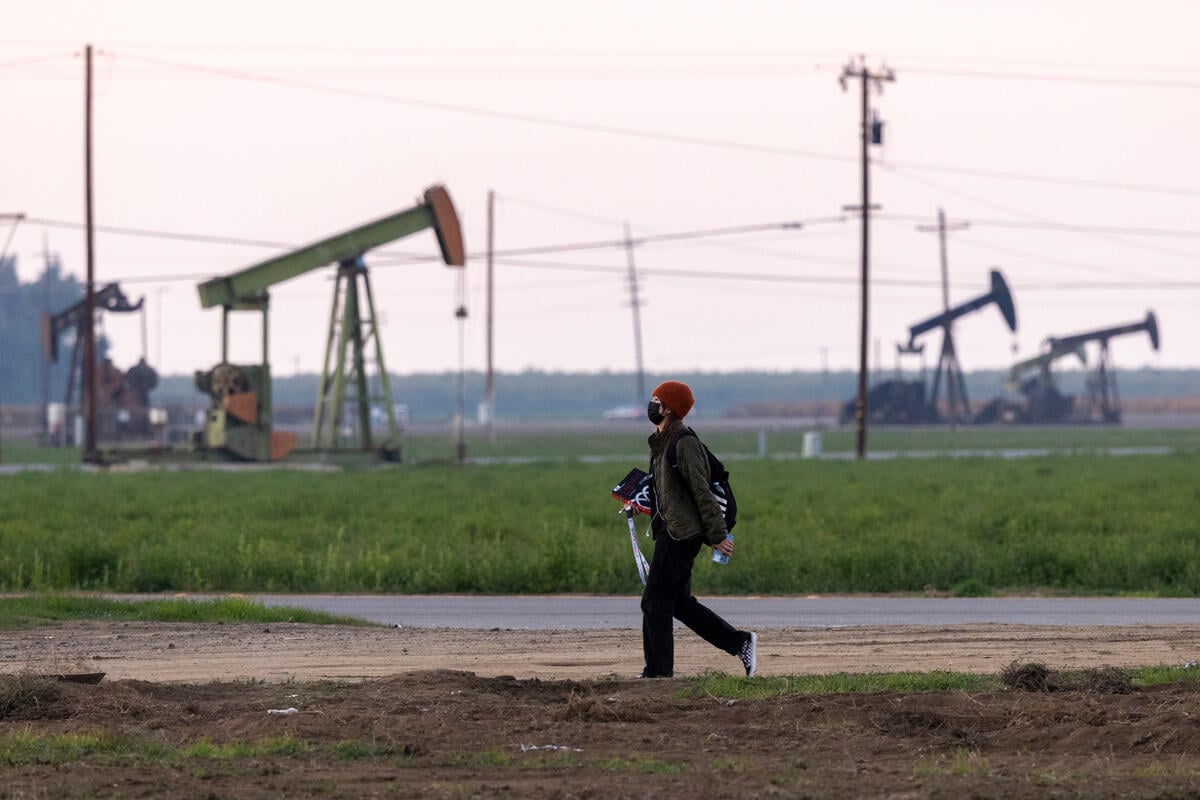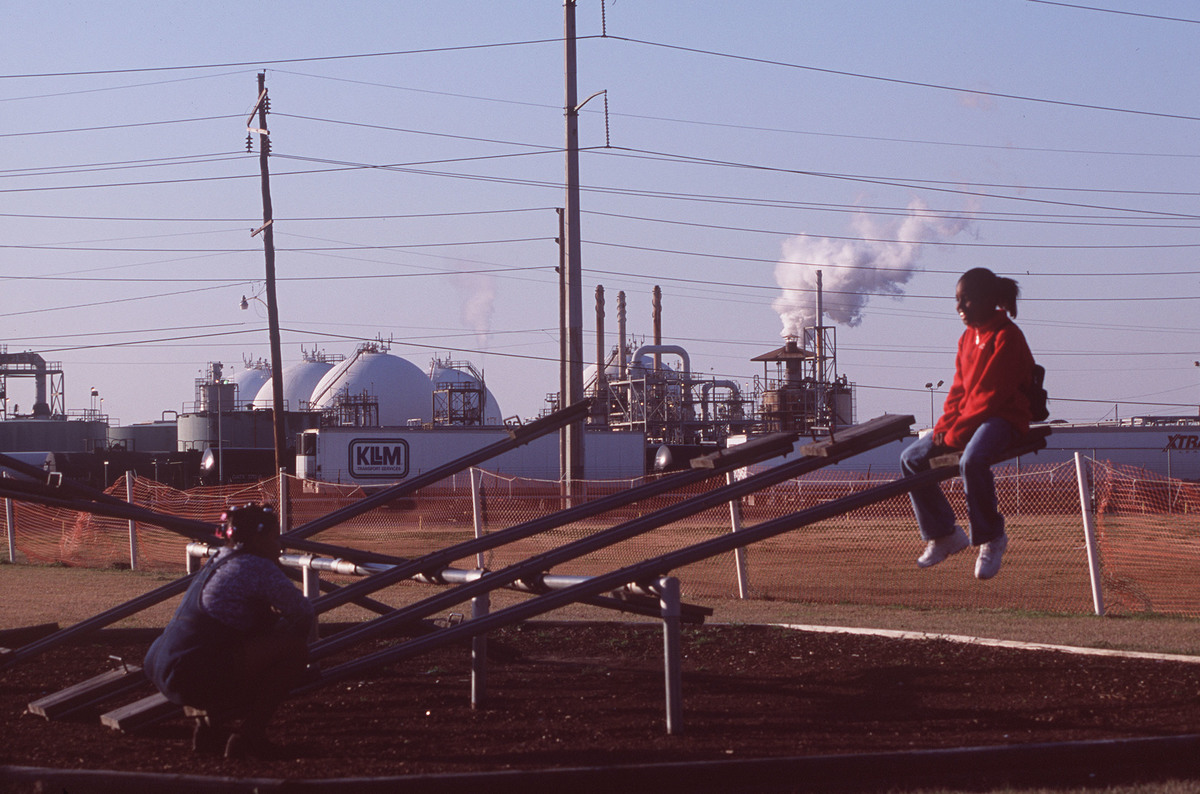Until we reckon with our country’s systemic racism, there is no justice for the climate—and no saving the planet.
In the aftermath of the brutal racist attack on the Black community in Buffalo, NY on May 14, 2022, Ebony Twilley Martin, our co-Executive Director, reiterated our commitment to ending white supremacy. We were heartened to see the enthusiastic response from so many of our supporters as they continue to stand with us against racism, hate, and violence.
That being said, when Greenpeace USA speaks up for racial justice, it raises this question for some of our supporters:
“Why is Greenpeace USA talking about race?”
The answer is simple: we talk about race because racial justice is essential to the climate movement.
Our white-dominant culture perpetuates and upholds long standing, systemic inequalities that show up in the most essential, basic facets of our lives. The air we breathe, the water we drink, and the natural resources of the earth—all of these have been compromised by pollution from the fossil fuel industry.
Our reliance on burning fossil fuels is heating the planet, causing heat waves, storms, and rising seas that are hurting the health and homes of Black, Brown, and Indigenous peoples. Fossil fuel racism is a public health crisis; and yet, fossil fuel companies continue to hoard power and wealth, extracting valuable resources from communities, turning them into profits for their shareholders and CEOs.
We cannot achieve our goal of a healthy planet without first understanding the role race, class, wealth, and power have played in creating the unhealthy, imbalanced world we live in now.

Fossil fuel infrastructure in Arvin, California. Kern County, whose population is over half Latinx, is home to a bulk of California’s oil production and agriculture. Facing the simultaneous challenges of fossil fuel racism and being in the center of the climate crisis, Kern County farmworker communities face interconnected and deliberate capitalist crises on all fronts.cpl
“But why is Greenpeace talking about a shooting?”
White supremacy is a thread that directly ties the Buffalo shootings, police brutality, and fossil fuel racism. We cannot have an honest or productive discussion about saving the environment without confronting the role of white supremacy in destroying it.
We must come to terms with the fact that our government and the fossil fuel industry have often treated Black, Brown, and Indigenous people as disposable. Then, we must fight for every person to have the ability to vote without laws that intentionally create more barriers for minority communities to get to the ballot box. Every human deserves equal say in decisions about the world’s natural resources, as well as the support to protect and heal their communities from the harm that has been inflicted on them.
“Why can’t you stick to the environment?”
Clean air is the most basic of rights—and many minority communities don’t have it. That didn’t happen by accident. The destruction of both the environment and human rights has been intentional; racism and the environment are inextricably linked.
Black, Brown, and Indigenous peoples have suffered at the hands of white colonizers for centuries through genocide, devastation of food sources, intentional poisoning of their water, and carcinogens from plants placed in low-income minority neighborhoods. These attacks continue because they are made by people with money and power against people without means to fight back. There is no separating the environment from the racism that has harmed it.

Playground built by Shell. Chemical plant is visible in the background.
“Can’t you go back to just saving the whales?”
In some ways, it is somehow easier—or more palatable—to focus our grief and outrage on the innocent wildlife suffering from our government’s choice to allow companies to irreversibly heat the planet. Whether it’s human nature, centuries of racism being legislated and socially acceptable, or simply our inability to face the stark reality of man’s inhumanity to man, it can be difficult to acknowledge that the climate crisis doesn’t impact all people equally.
Fossil fuel racism is as much the face of environmental devastation as a polar bear stranded on an iceberg.
Black communities fighting for clean air to breathe; Latinx farm workers fighting against the toxic impacts of oil drilling; Indigenous people fighting for their own land that they protected for centuries—these, too, are environmental issues.
Until we reckon with our country’s racism, there is no justice for the climate—and no saving the planet.
It will take time and work from each of us to create a healthy world for all of us. Join us on this inclusive journey to heal our communities and the planet.
